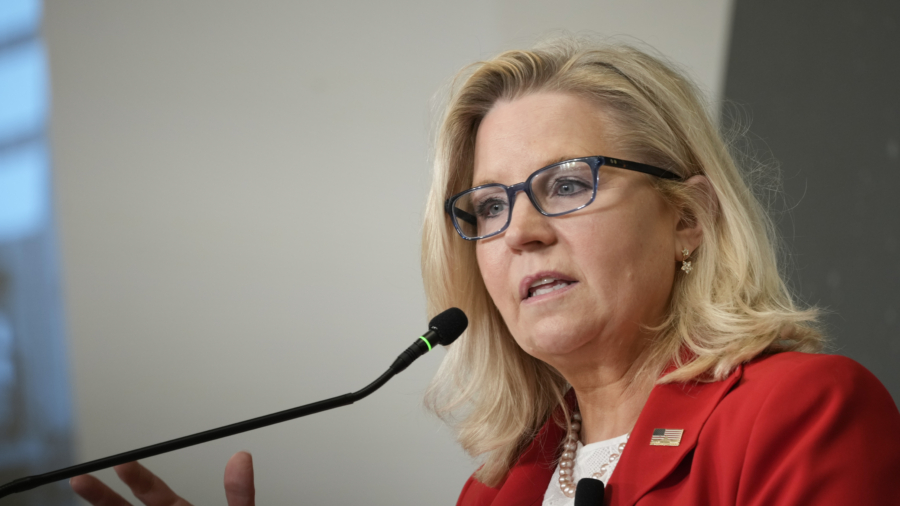Former Republican Rep. Liz Cheney said on Wednesday that she will vote for Democratic nominee Kamala Harris to become the next U.S. president.
A well-known critic of former President Donald Trump, Cheney made the announcement during an event at Duke University in North Carolina, a swing state.
“As a conservative, as someone who cares about the Constitution, I have thought deeply about this. And, because of the danger that Donald Trump poses, not only am I not voting for Donald Trump, but I will vote for Kamala Harris,” she said in a brief video of the event posted on X.
Cheney, who is the daughter of former Vice President Dick Cheney, who served with George W. Bush, encouraged attendees at the event not to vote for Trump.
“Because we are here in North Carolina, I think it is crucially important for people to recognize not only is what I just said about the danger that Trump poses something that should prevent people from voting for him, but I don’t believe that we have the luxury of writing in candidates’ names, particularly in swing states,” she said.
The former Wyoming congresswoman was once the No. 3 leader of the House Republican Conference, but she lost by double digits to her Trump-endorsed opponent, Harriet Hageman, in the 2022 GOP primary in the “Cowboy State.”
Hagemen secured 66 percent of the vote, while Cheney secured nearly 30 percent, a difference of about 64,000 votes.
Cheney has been vocal about her vote to impeach Trump over the Jan. 6, 2021, breach of the Capitol. She also served a leadership role on the House committee investigating the incident, making her an outspoken political opponent of Trump during the midterms.
In an interview with Fox News in 2020, Cheney said she thought Harris was a radical liberal, calling her voting record in the Senate “to the left” of former presidential candidate Senator Bernie Sanders.
Cheney joins the ranks of other recent Republicans who have said they will support Harris, including former Rep. Adam Kinzinger—who was on the Jan. 6 committee with Cheney—and former Rep. Denver Riggleman, who said he is no longer a Republican.
After leaving Congress in January, Cheney accepted a position as a professor of practice at the University of Virginia’s Center for Politics.

